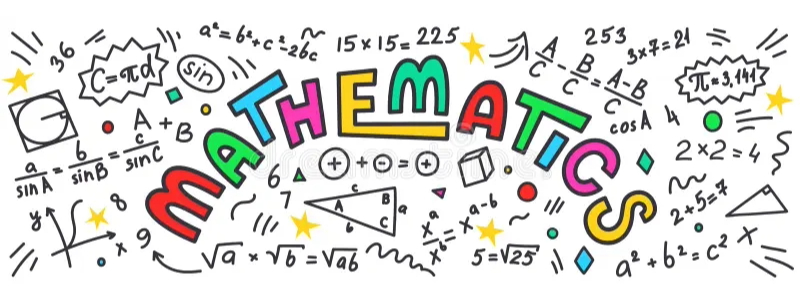Introduction:
Mathematics is often described as the universal language of the universe, a field that transcends cultures and eras to provide the tools for understanding the world. From the ancient geometries of Egypt to modern computational algorithms, mathematics is at the heart of human discovery and technological progress. Here's a look at why mathematics is so essential:

1. The Foundations of Mathematics
Mathematics can be divided into several fundamental branches, each serving different purposes:
Arithmetic: The basic operations of numbers, essential for daily life.
Algebra: The study of mathematical symbols and the rules for manipulating them.
Geometry: The exploration of shapes, sizes, and the properties of space.
Calculus: Developed by Newton and Leibniz, calculus is the mathematics of change and motion, pivotal in engineering and physics.
Statistics and Probability: The analysis of data and the study of chance, which informs fields ranging from economics to medicine.
2. Mathematics in Nature and Science
Mathematics serves as a fundamental principle in many natural phenomena. For example, the Fibonacci sequence can be observed in the arrangement of leaves, the branching of trees, and the spirals of seashells. Moreover, the laws of physics, from Einstein’s theory of relativity to quantum mechanics, depend significantly on mathematical formulas and models to explain the universe.
3. The Role of Mathematics in Technology
In today's world, mathematics serves as the backbone of technology. Algorithms power computer programs and search engines, while cryptography protects data. Additionally, machine learning depends on complex mathematical theories to advance artificial intelligence. Mathematics has not only facilitated progress in engineering and computer science but has also transformed fields such as finance, healthcare, and telecommunications.
4. Mathematics in Everyday Life
Mathematics plays a more significant role in our daily lives than we usually recognize. Whether we are budgeting our finances, cooking with accurate measurements, or calculating travel times, mathematical skills are essential. Furthermore, the problem-solving and logical thinking skills developed through math enhance our decision-making and analytical abilities.
5. The Joy of Mathematical Discovery
For many people, mathematics transcends mere numbers and equations; it represents a journey of discovery. Famous proofs, such as Euclid’s Elements and Fermat’s Last Theorem, have inspired and challenged thinkers for centuries. The thrill of solving a difficult problem or discovering a straightforward solution is unique and highlights the creative aspect of mathematics.


